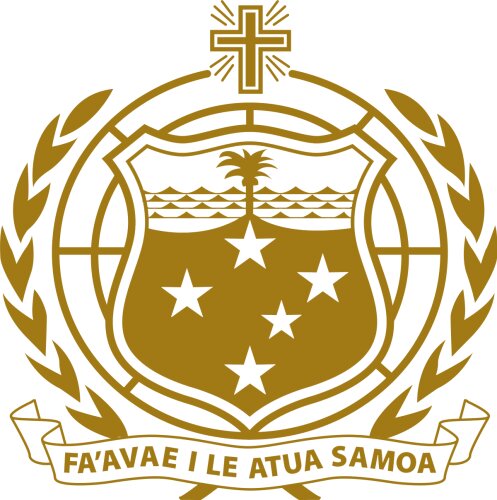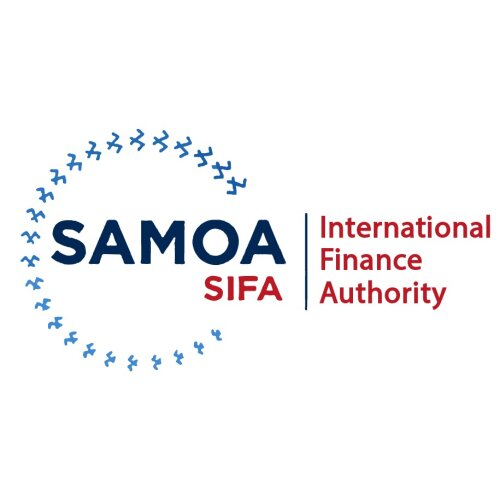Best Merger & Acquisition Lawyers in Samoa
Share your needs with us, get contacted by law firms.
Free. Takes 2 min.
Or refine your search by selecting a city:
List of the best lawyers in Samoa
About Merger & Acquisition Law in Samoa
Merger and Acquisition (M&A) law in Samoa governs the processes and regulations relating to the unification of companies or assets. This legal field plays a crucial role in ensuring that corporate mergers and acquisitions comply with the local jurisdictional rules, protecting both the interests of the stakeholders and the integrity of the market. Samoa's legal landscape for M&A is influenced by both statutory law and common law principles, focusing on areas such as corporate governance, competition law, tax implications, and due diligence requirements.
Why You May Need a Lawyer
Engaging with M&A transactions without legal assistance can be risky due to the complexity involved. You may need a lawyer for several reasons:
- **Due Diligence:** Lawyers assist in performing due diligence to uncover potential liabilities or issues that could impact the transaction.
- **Drafting and Reviewing Contracts:** Legal professionals craft and scrutinize merger or acquisition agreements to ensure favorable terms and compliance with local laws.
- **Regulatory Compliance:** M&A deals often require the approval of regulatory bodies, for which a lawyer can help in strategizing and preparing necessary documents.
- **Negotiation:** Lawyers can effectively negotiate terms to protect your interests during a merger or acquisition.
- **Resolution of Disputes:** In cases where disputes arise either before, during, or after the transaction, legal assistance might be crucial for resolution.
Local Laws Overview
Key aspects of Samoan law relevant to M&A transactions include:
- **Corporate Law:** Regulates the formation, operation, and dissolution of companies. The Companies Act outlines the framework within which companies must operate.
- **Competition Law:** Ensures that mergers do not result in anti-competitive practices. The Competition and Consumer Act addresses potential anti-trust issues.
- **Foreign Investment:** Specific regulations govern foreign ownership and investment, necessitating scrutiny of foreign transactions to ensure compliance.
- **Taxation:** The Tax Administration Act provides guidance on how M&A transactions are taxed, affecting both the sale and purchase process of local and foreign businesses.
- **Employment Law:** M&A can impact employment terms and conditions, thus requiring compliance with labor laws to prevent unlawful terminations or changes to employment agreements.
Frequently Asked Questions
What is the typical process for M&A in Samoa?
The process generally involves identifying suitable targets, conducting due diligence, negotiating terms, drafting relevant contracts, obtaining necessary approvals, and finalizing the transaction.
Do foreign entities face restrictions in acquiring local companies?
Yes, foreign entities must comply with regulatory requirements concerning foreign investment, including possible restrictions on the level of ownership in certain sectors.
Are there any antitrust concerns in M&A transactions in Samoa?
Antitrust concerns are managed under the Competition and Consumer Act, which aims to prevent deals that could result in monopolistic practices.
How is due diligence conducted in these transactions?
Due diligence involves a detailed examination of the target company's legal, financial, and operational aspects to identify any risks or liabilities.
What role do regulatory bodies play in M&A deals?
Regulatory bodies may need to approve certain transactions, especially if they affect competition, national security, or involve foreign entities.
How are employees affected by mergers or acquisitions?
Employees may experience changes in their employment status, which must comply with local labor laws regarding changes in employment terms and conditions.
What are some common risks associated with M&A?
Risks include inaccurate valuation of the target company, integration challenges, unforeseen liabilities, and regulatory hurdles.
Can M&A transactions be reversed?
While challenging, transactions can potentially be reversed if they were conducted based on fraudulent activities or if legal terms are breached.
What documentation is typically required for an M&A transaction?
Common documents include letters of intent, confidentiality agreements, purchase agreements, and regulatory approval filings.
How long does the M&A process usually take in Samoa?
The duration can vary significantly, typically ranging from a few months to a year or more, depending on the transaction's complexity and regulatory requirements.
Additional Resources
For individuals seeking more information or assistance with M&A in Samoa, the following resources may be helpful:
- **Ministry of Commerce, Industry and Labour:** Oversees commercial regulations and provides guidance on corporate compliance.
- **Samoa International Finance Authority:** Offers information on foreign investments and regulatory frameworks impacting M&A.
- **Samoa Law Society:** A professional body that can help connect individuals with qualified legal professionals specializing in M&A transactions.
Next Steps
If you need legal assistance with an M&A transaction in Samoa, consider taking the following steps:
- **Research Local Law Firms:** Look for law firms with expertise in mergers and acquisitions, focusing on their experience with transactions in Samoa.
- **Schedule Consultations:** Meet with potential lawyers to discuss your needs and evaluate how they can assist with your specific situation.
- **Prepare Thorough Documentation:** Gather all relevant documentation related to the transaction to provide your lawyer with a comprehensive view of the situation.
- **Understand Costs and Fees:** Discuss fee structures and ensure you understand the costs involved in receiving legal assistance for your M&A transaction.
These actions will help ensure you are well-prepared and informed as you navigate the complexities of M&A in Samoa.
Lawzana helps you find the best lawyers and law firms in Samoa through a curated and pre-screened list of qualified legal professionals. Our platform offers rankings and detailed profiles of attorneys and law firms, allowing you to compare based on practice areas, including Merger & Acquisition, experience, and client feedback.
Each profile includes a description of the firm's areas of practice, client reviews, team members and partners, year of establishment, spoken languages, office locations, contact information, social media presence, and any published articles or resources. Most firms on our platform speak English and are experienced in both local and international legal matters.
Get a quote from top-rated law firms in Samoa — quickly, securely, and without unnecessary hassle.
Disclaimer:
The information provided on this page is for general informational purposes only and does not constitute legal advice. While we strive to ensure the accuracy and relevance of the content, legal information may change over time, and interpretations of the law can vary. You should always consult with a qualified legal professional for advice specific to your situation.
We disclaim all liability for actions taken or not taken based on the content of this page. If you believe any information is incorrect or outdated, please contact us, and we will review and update it where appropriate.
Browse merger & acquisition law firms by city in Samoa
Refine your search by selecting a city.












